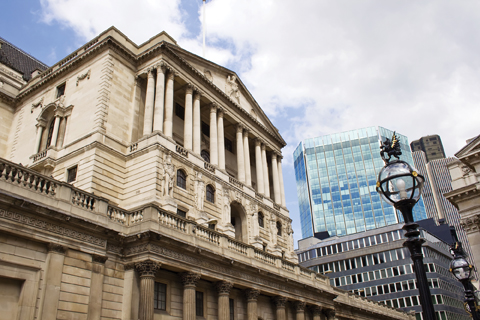Mortgages
What today’s inflation decrease means for households

Following the fall in inflation last month from 2.6% to 2.5%, there has been increasing concern over what this will mean for the average household.
The Office for National Statistics said that inflation had fallen becuase the cost of clothing and household utilities had slowed.
According to Moneyfacts, in order to beat inflation a basic rate taxpayer at 20% needs to find a savings account paying 3.12% per annum, while a higher rate taxpayer at 40% needs to find an account paying at least 4.20%.
The impact of inflation on savings means that £10,000 invested five years ago, allowing for average interest and tax at 20%, would have the spending power of just £9,248 today.
Sylvia Waycot, spokesperson for Moneyfacts.co.uk, said: “Although today’s fall in inflation is welcomed, it does not alter the painful truth that in five years, the average saver has seen over £750 knocked off the spending power of their savings, the equivalent of just over £2 for a cup of coffee every day of the year.
“Spending power is eroding because the average savings account simply does not keep pace with inflation.
“Once again, we have the ridiculous situation where we have more savings accounts that don’t beat inflation than those that do.”
Currently there are 1,017 savings accounts on the market, but only 198 (3 notice, 66 fixed rate bonds and 129 ISAs) negate the effects of tax and inflation.
There are no notice-free accounts on the market that beat inflation.
Savers are being urged to shop around and take full advantage of tax breaks such as ISAs to lock away as much money as possible.
There are also fresh concerns over the effect of high rates of inflation on first-time buyers.
John Willcock, head of Post Office Mortgages, added: “Despite the rate of inflation easing back, inflation still remains higher than the Bank of England’s target rate of 2%.
“Would-be buyers still face many challenges as the high cost of living continues to have an impact on saving for a deposit.
“Prospective first time buyers believe they will be 35 years old by the time they get on the housing ladder, and nearly half expect they have to save up for at least 10 years or more to afford a deposit according to Post Office research.
“Those looking to climb onto the first rung of the housing ladder should weigh up all of their options to make sure they’re getting the best deal they can.”